Self Stolen: How ECT Fried My Brain
Mad in America
DECEMBER 29, 2023
I tried going back to school after the brain injury, but between the bipolar disorder and the head trauma, I couldn’t handle the stress and pressure anymore. I was told that only temporary, minor memory loss was possible, in rare cases, before starting ECT in 2013. A traumatic brain injury in 2002 didn’t help anything.

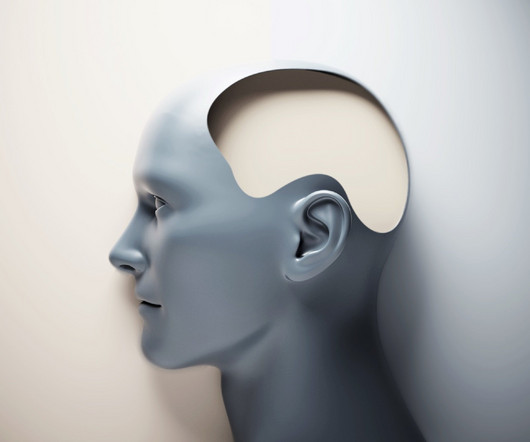

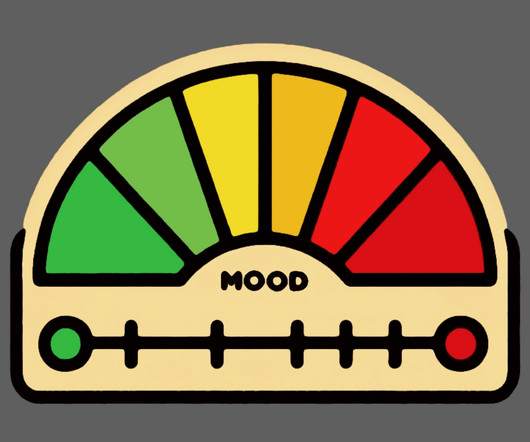
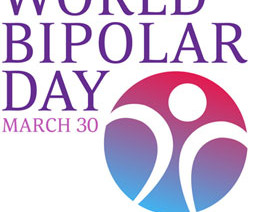
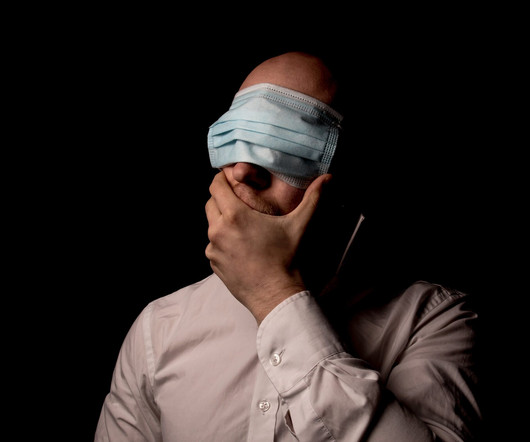
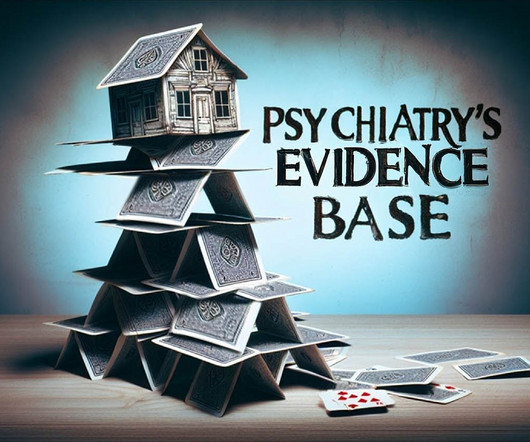





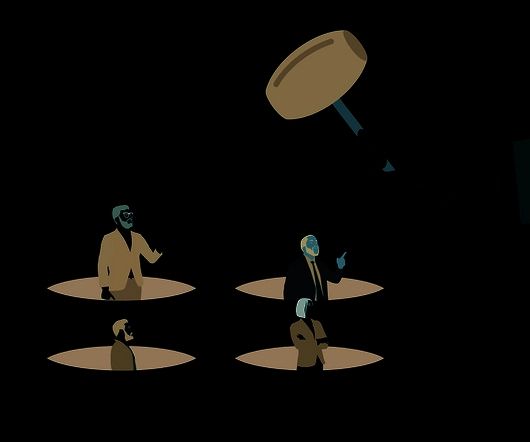







Let's personalize your content